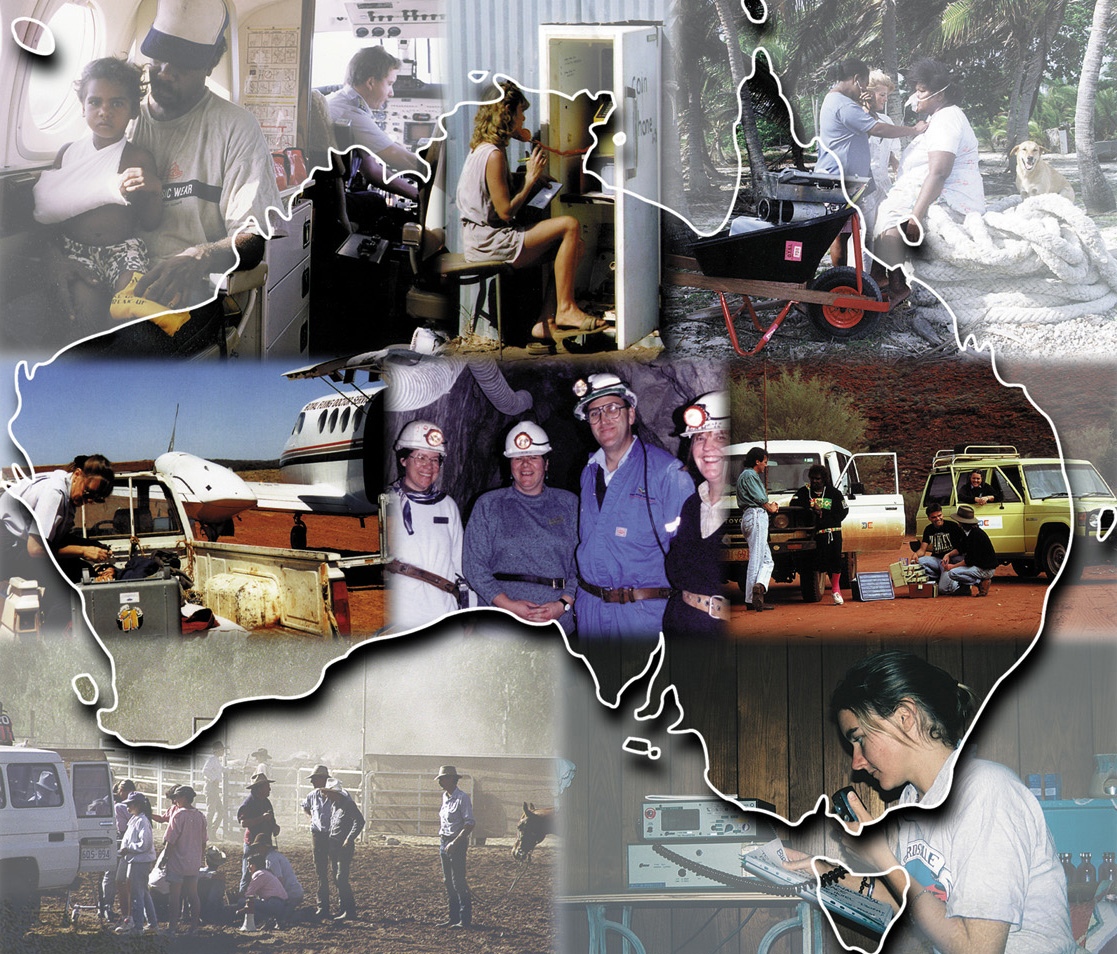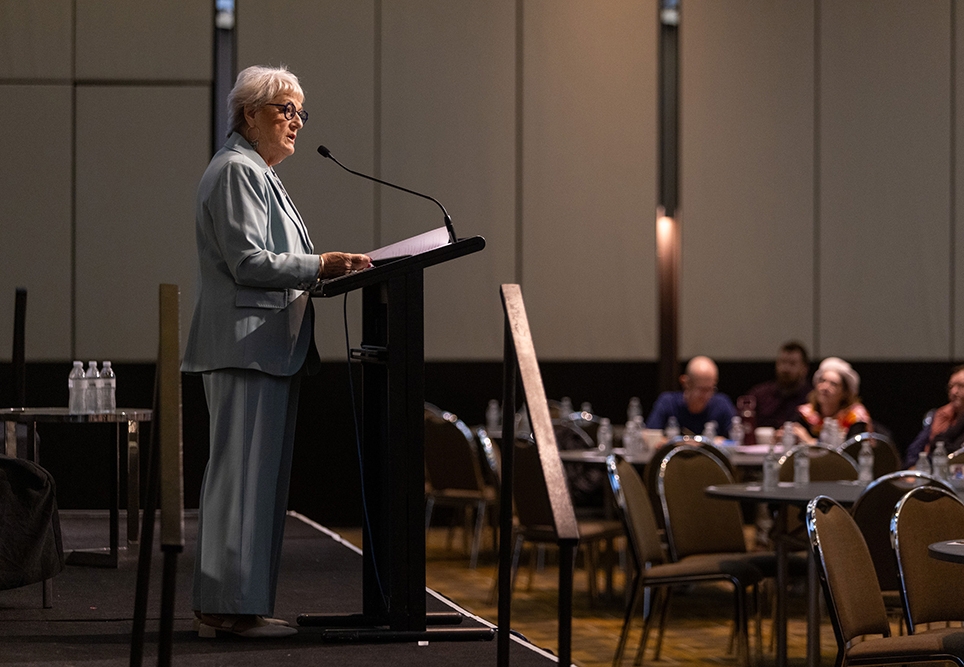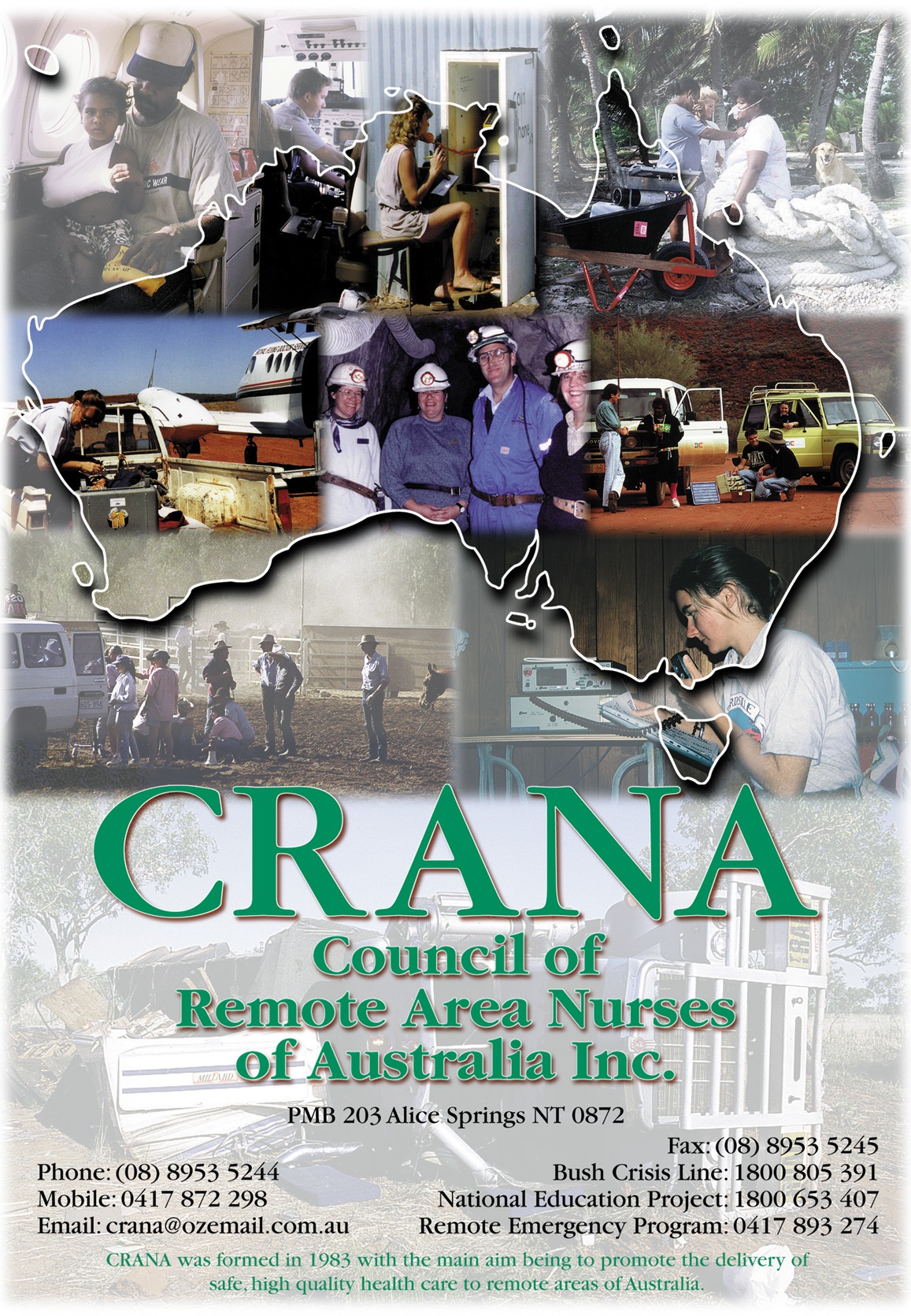
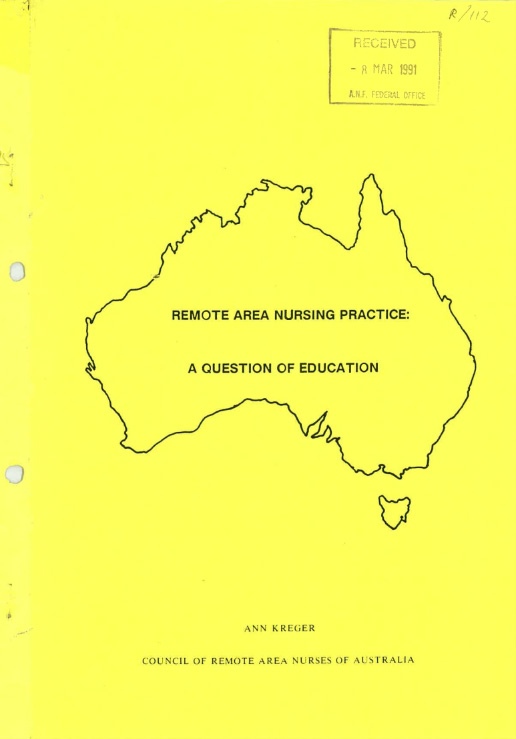
The state of affairs was summarised succinctly in the Conference Report:
“As the sole medical representative in an isolated community, the remote area nurse requires extra skills and training. Yet nurses arrive to begin with… little or no preparation for the situation they will be encountering, both socially and professionally. At present there is no adequate pre-training and only very limited in-training.”
So began the task of convincing the rest of Australia. In 1987 CRANA formed an education committee led by CRANA Member Margaret Davidson, and by 1990 it had succeeded in obtaining $16,000 for research into educational needs and related issues for RANs. Ann Kreger (CRANA’s first Assistant Treasurer) took the post as project lead.
“Most published literature to date reflects a romantic rather than a realistic perspective of remote area nursing,” she said at the 1990 CRANA conference on the eve of the report’s publication. “There is a paucity of research examining remote area nursing practice and associated educational needs. Both are essential for the development of a specialist course for remote area nurses.”
The resulting paper, Remote Area Nursing Practice: A Question of Education, was released in 1991. The romantic notions Ann had spoken of were in pieces on the floor. 21 recommendations rang out loud and clear, among them that:
- Development of remote area courses be done in a rational and nationally coordinated manner so that both the limited material and human resources can be utilised appropriately and ensure good access…
- Short-term and long-term planning of RAN education courses be undertaken so that the needs of both hospital-based and tertiary educated RNs are addressed.
- All courses for RANs either multi-disciplinary or nursing, be developed in conjunction with tertiary qualified RANs.
The plight faced by RANs had been starkly documented for one of the first times. It was a sobering moment, but also a moment of hope.
Money was circulating. That year, 1991, CRANA received funding for its first National Secretariat, allowing it to appoint a paid Executive Officer for the first time. The year before, the government had initiated the Rural Health Support Education and Training (RHSET) Program.¹ Big things were in the offing for CRANA, but it would still be a while before the budding organisation’s ambitions were realised.
University-based education
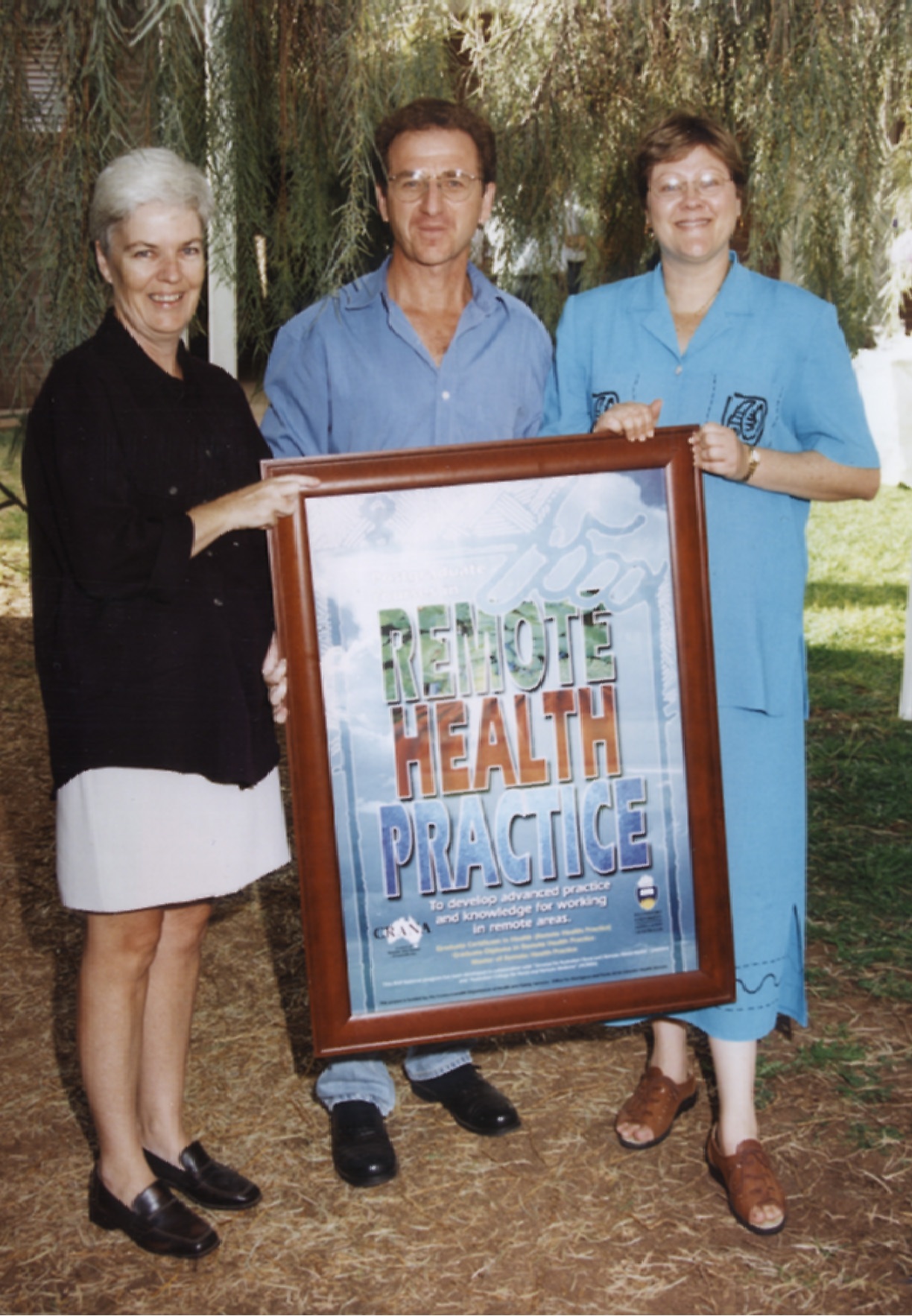
In the 1990s, university-based under-graduate education for nurses was still a developing industry. Only in the previous decade had the Australian nursing sector commenced its transition from hospital-based to university-based education, and it was not until the early 90s that the transition had been completed on a national scale.
Throughout, and even before, this transition, CRANA called for the development of a postgraduate course for remote health practice. It would ultimately collaborate with Flinders University in the late 1990s to develop the postgraduate Remote Health Practice Program, but this breakthrough followed a long and at times frustrating campaign for a postgraduate course.
In the early to mid 1990s, CRANA had consulted with universities on remote area health subjects, but never an entire program. Resistance from academia and the largely state-based funding model for nursing education acted as barriers; as did the fact that CRANA took a no-nonsense approach to what nurses in remote areas were expected to do. At times, this meant aiming to teach necessary skills that were “technically illegal”.
In 1997, national momentum swung in CRANA’s favour with the establishment of University Departments of Rural Health and the commencement of the Remote Area Nursing Competencies Project. This was a Government-funded project with CRANA representation through Sally Johnson and Board Member and remote area nurse, Toni Dowd. It set in stone what such a postgraduate course for RANs should aspire to teach.
Within this window of opportunity, CRANA received financial support via the Office of Aboriginal and Torres Strait Islander Health towards the development of the aforementioned postgraduate Remote Health Practice Program. Flinders University agreed to partner with CRANA and deliver the course. CRANA held a three-day stake-holder workshop in Alice Springs in the spring of 1997 to develop the curriculum.
In a case of déjà vu, this Alice Springs based event blew all expectations out of the water. Where 30 attendees were expected, over 100 arrived – 25 of them from CRANA. Course development was a triumph of interprofessionalism, with organisations such as the Australian College of Rural and Remote Medicine and Services for Australian Rural and Remote Allied Health involved.
Informed by this workshop, the post-graduate course that CRANA had envisioned for so long suddenly materialised through Flinders University’s Remote Health Practice program. Sue Lenthall, a remote area nurse who had recently served as Executive Officer with CRANA, became the first course coordinator. The program was headquartered in the newly minted Centre for Remote Health (CRH) in Alice Springs, and in April 1999, Sue delivered the first lecture there. As of 2023, the program has gone on to graduate hundreds of people.²
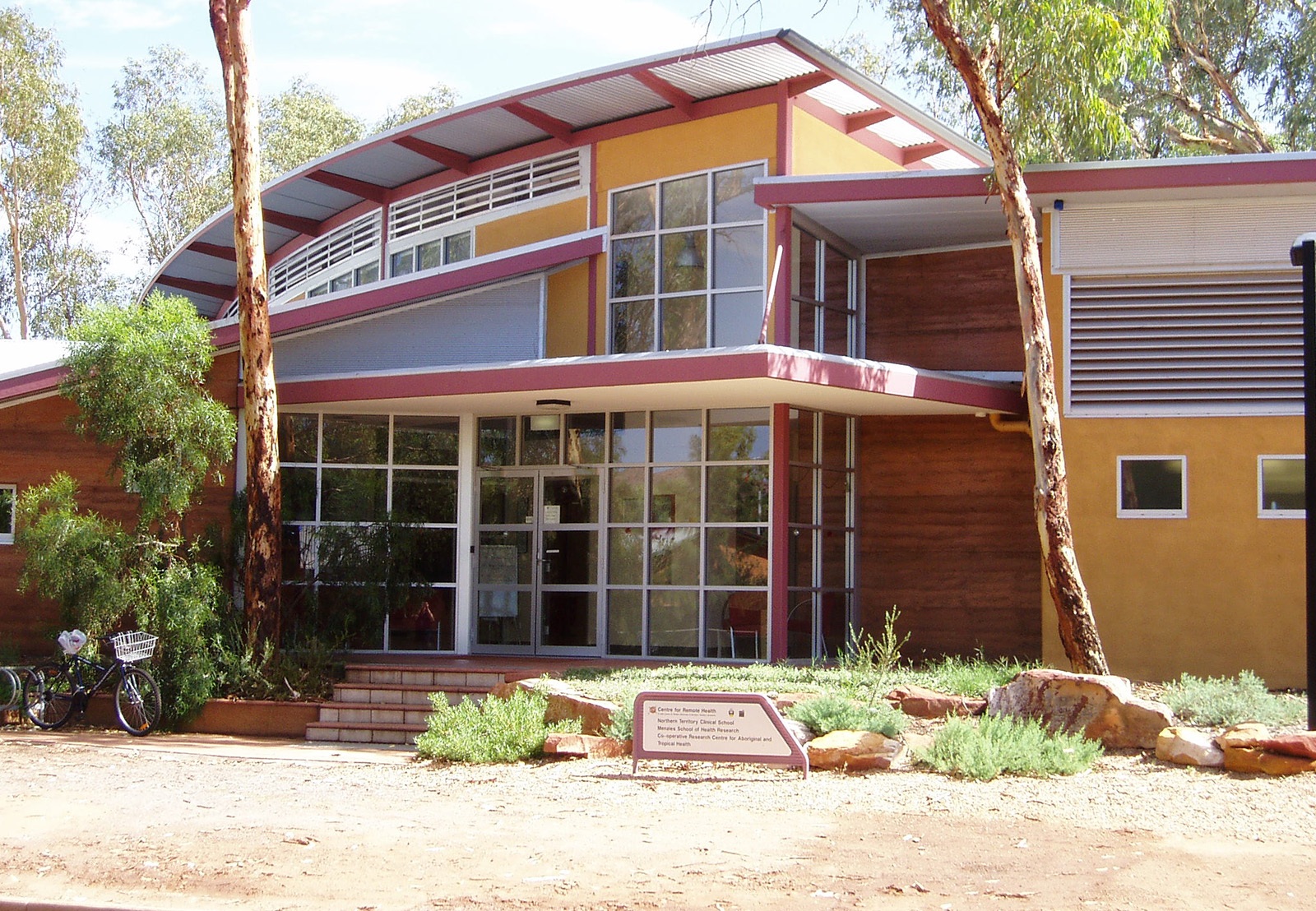
Clinical preparedness
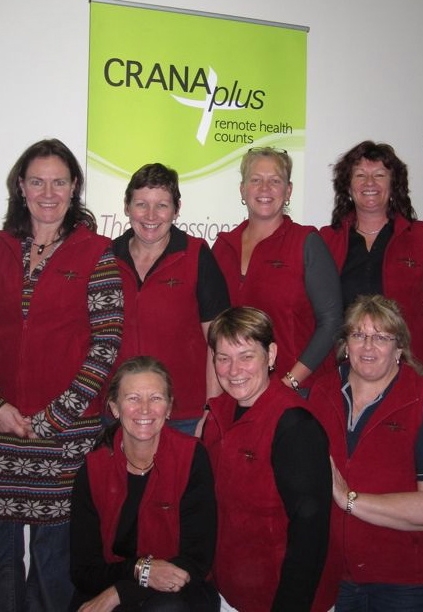
CRANA also had a longstanding vision of a course teaching advanced emergency skills and trauma management. This idea would blossom into the Remote Emergency Care (REC) course.
Up to this point, available education in remote emergency care was not fit-for-purpose. Few courses came out to rural and remote areas and those in urban Australia were time-consuming and costly to access. They taught how to deliver care within a well-equipped team, with an ambulance and doctor close at hand, within and not across cultures. What remote health professionals needed was a course that acknowledged their reality, and taught them how to find solutions within it without compromising on quality of care.
CRANA gained the boost it needed through RHSET funding in 1997. After a period of consultation with consumers and health practitioners to develop the curriculum for this fledgling REC course (led by RN and later Board Member, Kathryn Zeitz, and first REC coordinator Geri Malone), CRANA hit the road in 1998 to deliver pilot courses in Alice Springs, Broome, Port Augusta and Thursday Island.
Educators lugged the mannequins with them on small aircraft and “begged and borrowed” what they could to get the show on the road, but the courses were immediately well-received, particularly the hands-on skills stations. Moreover, participants felt validated. Here was proof that their role was uniquely challenging and in need of a specialised course. More than 15 years had passed since Sally Johnson and Jenny Klotz had written the original skills list in 1982, but CRANA’s persistence had finally paid of.
Within no time, CRANA sensed the need for a Maternity Emergency Care (MEC) course. In the early 2000s, Members fed back that they felt underprepared for the maternity emergencies they regularly had to attend. It often fell to RANs and Aboriginal Health Workers (AHWs) to deliver these services in the absence of resident midwives or doctors. This knowledge didn’t fall from the sky.
CRANA applied for a grant in 2001 to develop its MEC course. Following development by Geri Malone, Sue Kildea, Sue Kruske and Ree Dunn among others, the first Maternity Emergency Care course was delivered in April 2003 and immediately, participants reported feeling more confident around childbearing women and better able to understand maternity conditions.
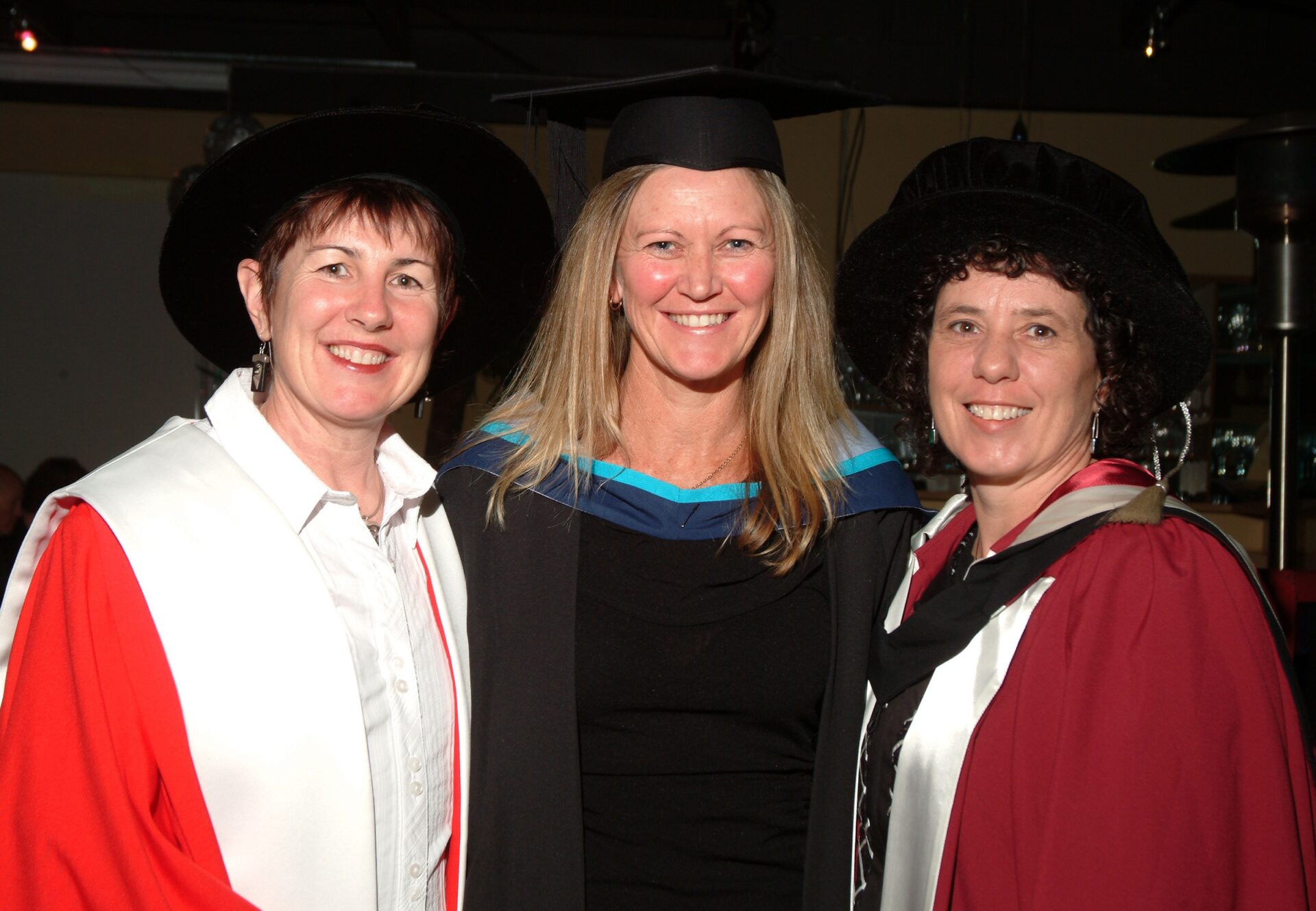
Despite its success, the course was not without well-meaning opposition. Some felt it aimed to teach non-midwives routine antenatal care. It was necessary for CRANA to clearly define the course’s purposes and limitations.
To quote from a 2006 paper on the development of the MEC³ the course is “Not intended to promote the delivery of comprehensive antenatal care by RANs and AHWs. Rather it is to encourage them to be alert, so pregnancies are diagnosed earlier and screening, care and services are offered as soon as possible, with the woman then referred to appropriately skilled providers.”
In the 2003/2004 financial year, CRANA delivered 13 courses to 278 participants. By 2013, CRANAplus was delivering 90 courses in the calendar year.
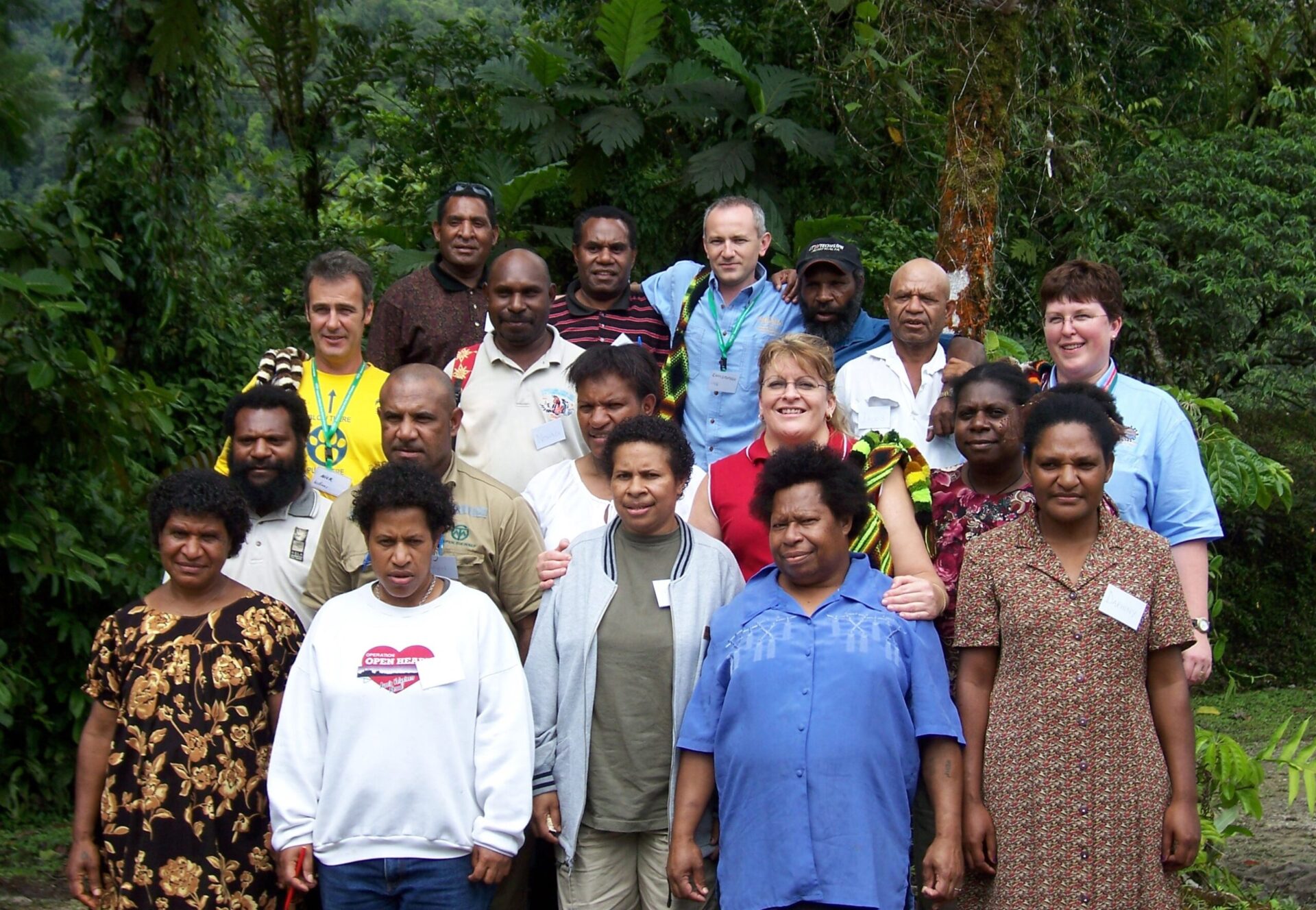
The growth can be accounted for in a few ways. Throughout the years, increases in funding and the growth of an incredibly generous and skilled pool of volunteer facilitators have increased CRANAplus’ ability to deliver an ambitious national schedule.⁴ CRANAplus has continued to develop new courses in response to emerging workforce needs. The launch of its online learning portal in 2010 helped to further bridge the tyranny of distance.
Health services throughout Australia have increasingly embedded CRANAplus’ courses within their onboarding and ongoing professional development processes. The organisation’s national relevance and the transferability of training from state to state increased with the establishment of the National Registration and Accreditation Scheme (NRAS) in 2010 and when CRANA became a registered training organisation in 2013.
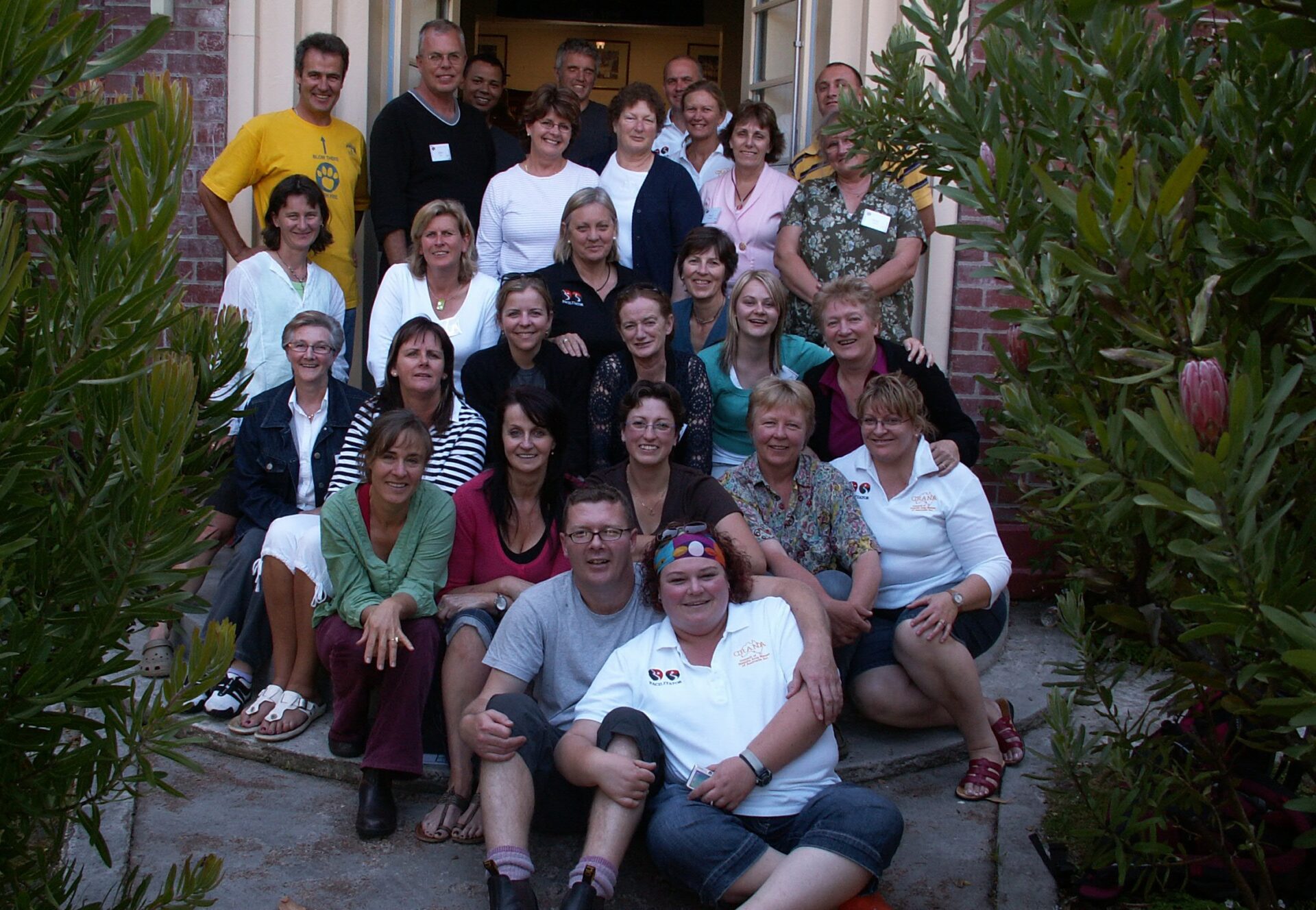
Clinical Procedures Manual
There was still one final jewel to insert into the crown of CRANA’s educational achievements.
By the late 1990s, the Queensland Primary Clinical Care Manual (PCCM) and Central Australian Rural Practitioners Association (CARPA) Standard Treatment Protocol Manual had successfully established best practice in the treatment of common clinical situations. It was a useful ‘what to do’ guide but there was not an equivalent ‘how to do it’ resource for the clinical procedures that were part of these standard treatments, and so there arose a call for a companion manual.
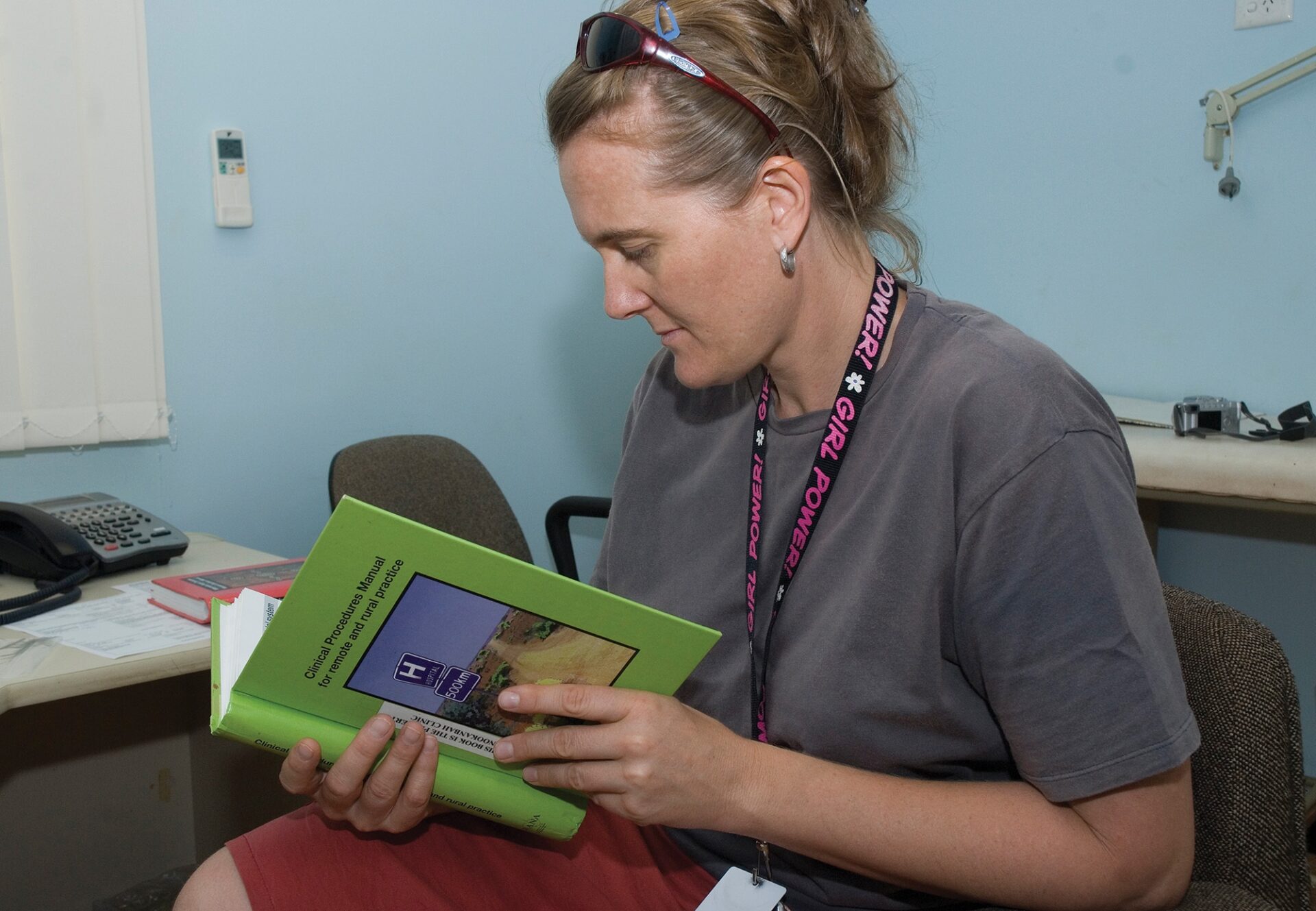
CRANA successfully applied for a RHSET grant to develop the manual in 1999. A committee chaired by Sabina Knight was appointed and it set about developing a concise, jargon-free, culturally sensitive manual with a practical design and layout.
The first national clinical procedure manual ever written for rural and remote health practitioners contained 300 procedures and 500 illustrations, and an overwhelming 500 copies were distributed in the first few weeks.
From the outset, the Clinical Procedures Manual was intertwined with the CARPA Manual. Therefore, over time, it was decided that the manuals would be edited in tandem. CRANAplus has maintained its involvement by actively participating in the manual’s governance and editorial committees. To this day, the manuals assist practitioners to competency and confidently carry out clinical procedures.
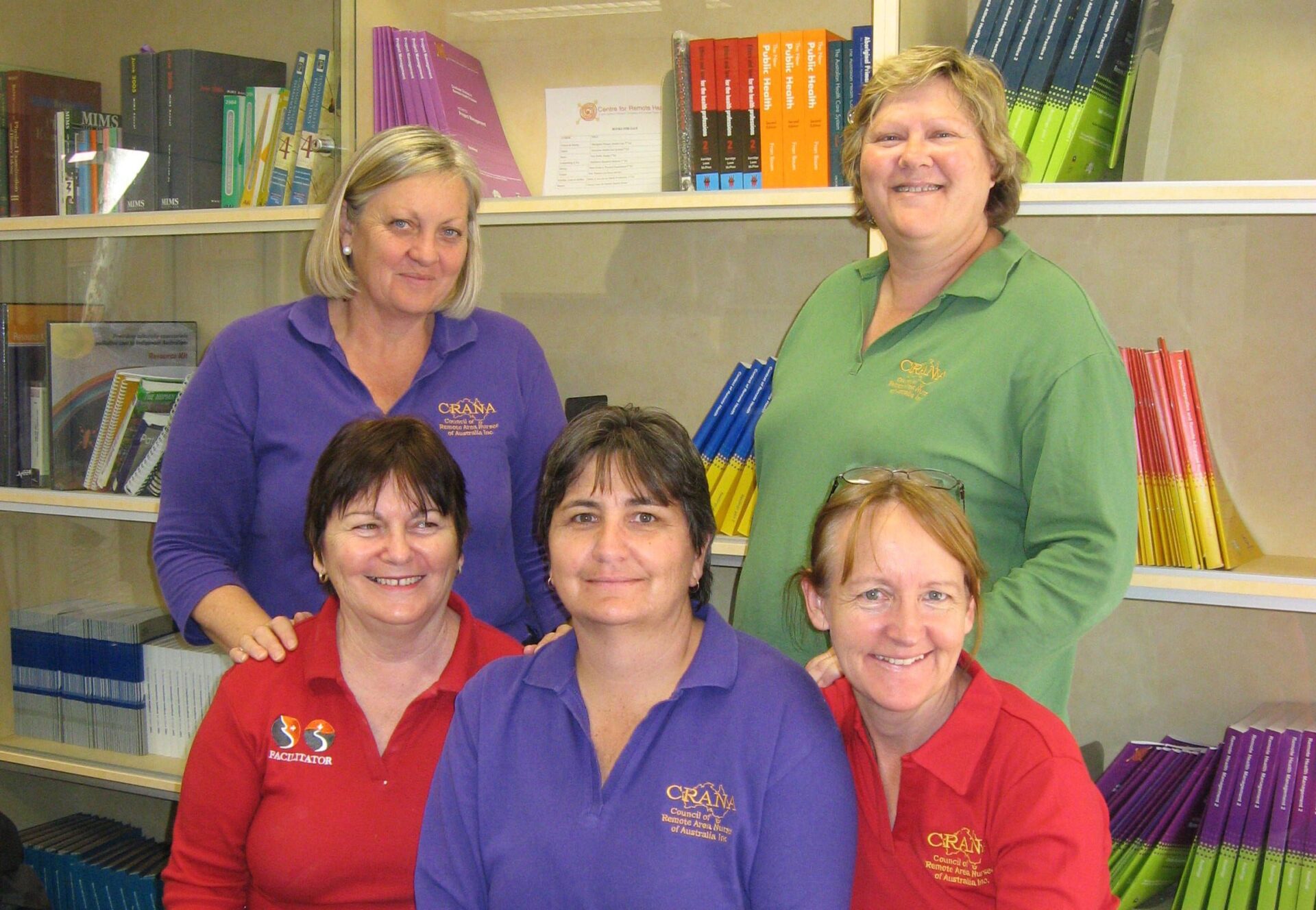
Footnotes
- This program aimed to fund the development and trial of new ways to provide health services, focusing on educational opportunities and support for remote and rural health workers. It would allocate close to $37 million over the next decade, according to Harvey, D., Webb-Pullman, J. and Strasser, R. (1999), Rural Health Support, Education and Training Program (RHSET): Where to now? Australian Journal of Rural Health, 7: 240-248.
- CRANA also had an Education and Research Officer role based at CRH in the 2000s. This expanded CRANA’s academic influence and saw the organisation actively involved in research into the remote health workforce.
- Kildea, S., Kruske, S. and Bowell, L. (2006), Maternity emergency care: Short course in maternity emergencies for remote area health staff with no midwifery qualifications, Australian Journal of Rural Health, 14: 111-115.
- At times it has even become an ‘international schedule’. For example, CRANA delivered courses in PNG in 2006.
CONTINUE THE HISTORY
